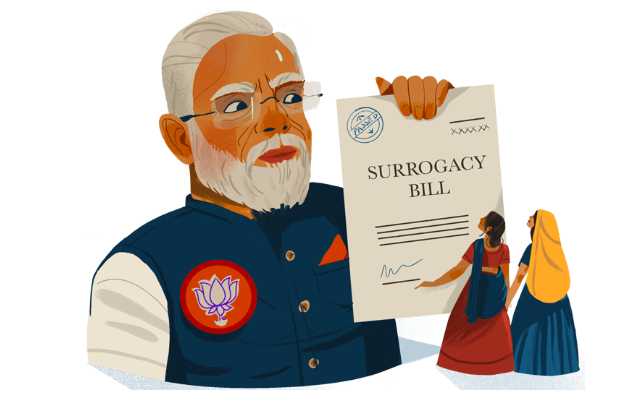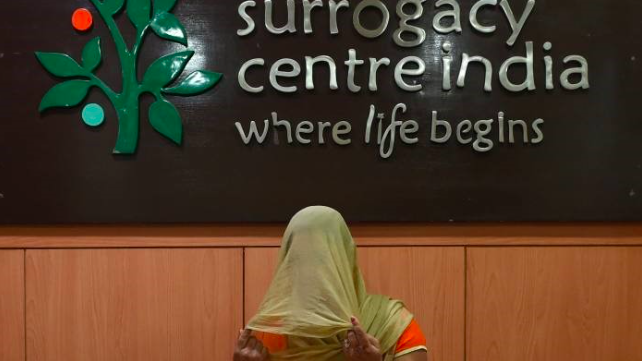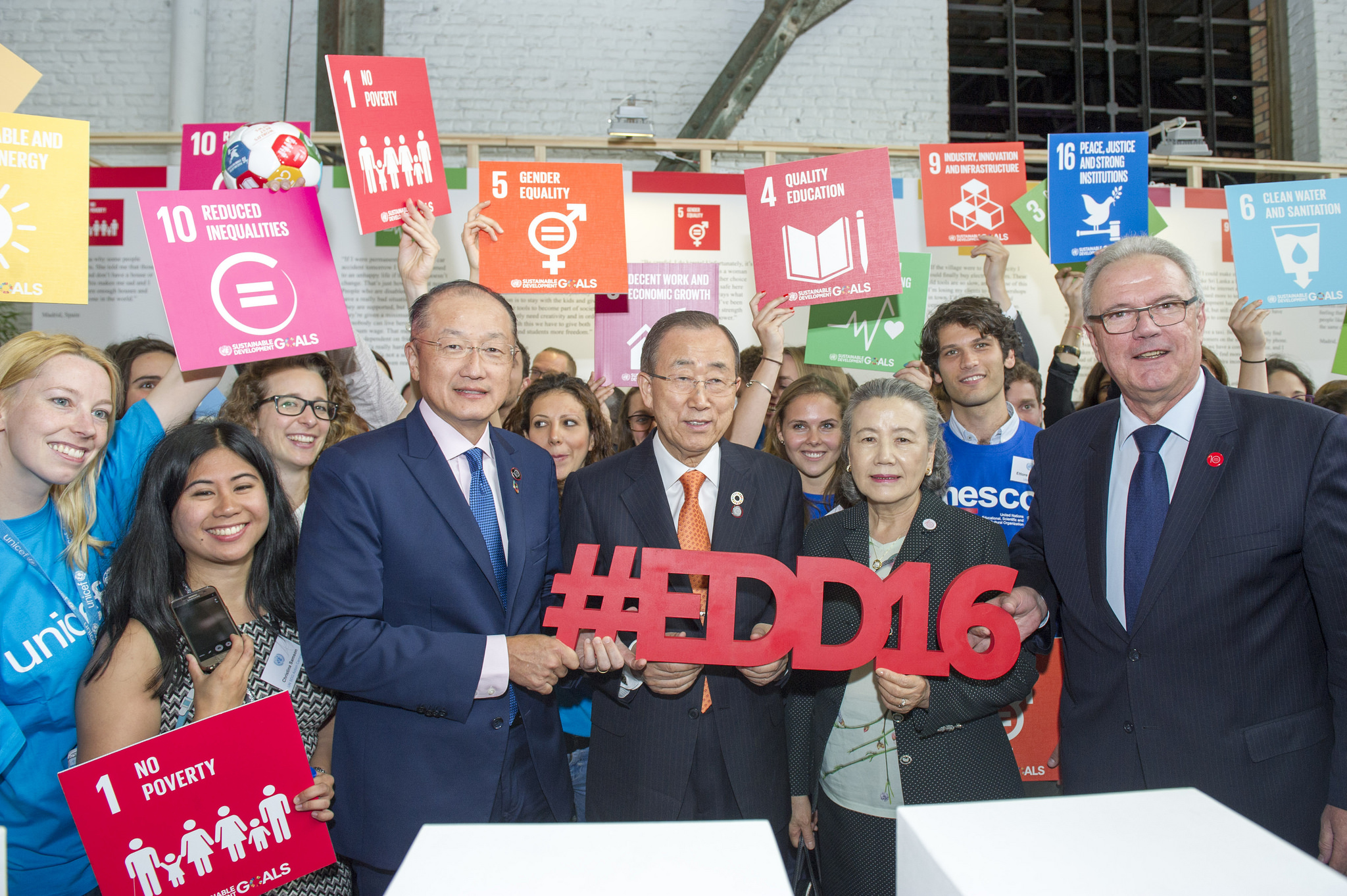After the release of a new Surrogacy (Regulation) Bill in 2020, surrogate mothers in India showed greater concerns over the rights to their bodies. Despite receiving contracted economic compensation from the intending parents, surrogates have not been able to convert their income into greater well-being. They suffered not only from physical exploitations, but also socio-cultural stigmatisation (re)produced from the traditional values and geographies of class, and the failings of the state’s surrogacy system. Read an analysis of this complex issue by Kuan-Ju (Steven) Chen below.
Since the legalization of commercial surrogacy in India in 2002, the industry boomed due to the advanced assisted reproductive technology (ART) (i.e., vitro fertilization and embryo transfers) and its relatively low medical costs compared to developed countries. With an unregulated market estimated worthy of $2.3 billion, a rapidly growing transnational demand for surrogacy has already made more than 25,000 children born in 2015, at the same time pushing more and more young and often less-educated women living in rural India to become surrogates. However, as more media stories began to reveal concerns regarding the unethical treatments on surrogates and predicaments of parentless and stateless surrogacy kids, the Indian government drafted a new Surrogacy (Regulation) Bill in 2016, banning cross-border commercial surrogacy and permitting only “altruistic surrogacy” for heterosexual infertile Indian couples.
Deemed as part of Prime Minister Modi’s conservative agenda, or even the “cultural war”, to preserve traditional family and gender norms, the controversial legislation has imposed multifaceted influences on women’s rights to their bodies, including denying women’s legitimacy as wage earners, and ignoring the fact that Article 21 should protect women’s “right to make reproductive choices”. As the Bill remains a needs-based rather a rights-based approach towards surrogacy, women participating fear that the upcoming ban in the post-COVID era will push the surrogacy market further underground, leaving the most impoverished women without much choice.

Falling short of protecting women’s bodily autonomy, surrogates are residing in an even more hostile societal atmosphere, where their choice of reproduction may be easily distorted under the paternalistic and imbalanced gendered relations. In understanding what Professor Amartya Sen (1999) claimed as Capability Poverty through Professor Pierre Bourdieu’s (1984) discussions on Habitus – the “societal structure”1 – it is important to acknowledge that informal workers, including surrogates, cannot outperform the exploitative capitalist “system” and convert their economic capital freely into other forms of “capital”. Often living from hand to mouth, they are denied agency within the system and cannot achieve greater wellbeing or social mobility easily.
Despite receiving economic compensation from the contracted pregnancy, to escape from the so-called capability poverty is another thing. The very nature of surrogacy being physically, and sometimes psychologically, exploitative and culturally disruptive brings forth the social condemnation and stigmatization within households, reducing the possibility to convert economic capital into social (ie, expand social networks) or cultural (ie, reduce stigmatisation in community) capital. For a patriarchal society like India, married women are expected to conform to their husband and their body is only acceptable for childbearing and nurturing of the family. In most places where surrogates reside, surrogacy is never an accepted practice in the community. It is often seen as the signal that a family needs money.
Even more generally, women are not socially welcomed to engage with remunerated activities outside the home, for their roles to the family are more recognised as dutiful mothers rather than wage-earning individuals. That said, the impacts of traditional Indian values and the geographies of class have made contracted surrogates lose rather than gain social and cultural capital within their families and communities, creating a disconnectedness of capital conversion, as previously mentioned, from one to another.

Indian surrogates’ struggle for agency and their escape from poverty should be considered alongside other multi-faceted aspects of an individual’s autonomy in Indian society. As agency represents individuals’ means to act and of self-achievements, it entails the idea of “relational self-autonomy” which the late David Graeber also describes in his book Direct Action: An Ethnography (2009) as, “to distance or detach themselves from specific power relations for liberation, even if that indicates living experiences in much more fragile times”. In the case of surrogates, as the Australian feminist philosopher Liz Grosz (1994) stated, women’s bodies were agents both undergoing normalization of social experience and resistance to politics.
Since relational autonomy highlights the context of “oppressive socialisation” and the connection of an agent’s self-conception and capacity within the larger social context, surrogates are leveraging their autonomy against the power structure, in particular attempting to offset the negatively accumulated sociocultural capital caused by stigma. Being members of a modern and knowledgeable Indian society, surrogates are developing strategies to overcome the negative representation of surrogacy, counterbalancing the social stigma attaches labels like ‘dirty’ and ‘sinful’ to their work.
Understanding how surrogates exert “power” and are subject to it is essential; however, how to target the issue is an even more urgent challenge that requires a much longer-term effort. For surrogates, in the face of the release of the new Surrogacy Regulation Bill in 2020, the wider social problem of stigma and gendered inequalities need to be addressed so women don’t feel stigmatized to undertake surrogacy work. Thus, it is the society’s responsibility to acknowledge the current constraints in order to help answer the surrogacy-or-poverty moral dilemmas towards reproductive injustices and beyond.
The views expressed in this post are those of the author and do not reflect those of the International Development LSE blog or the London School of Economics and Political Science.






You amaze me with your professionalism and your ability to communicate. Your writing style drew me in right away.
I enjoy gathering useful information, and this post has provided me with even more valuable insights.
Awsome post and right to the point
Thanks for sharing articles and good knowledge…